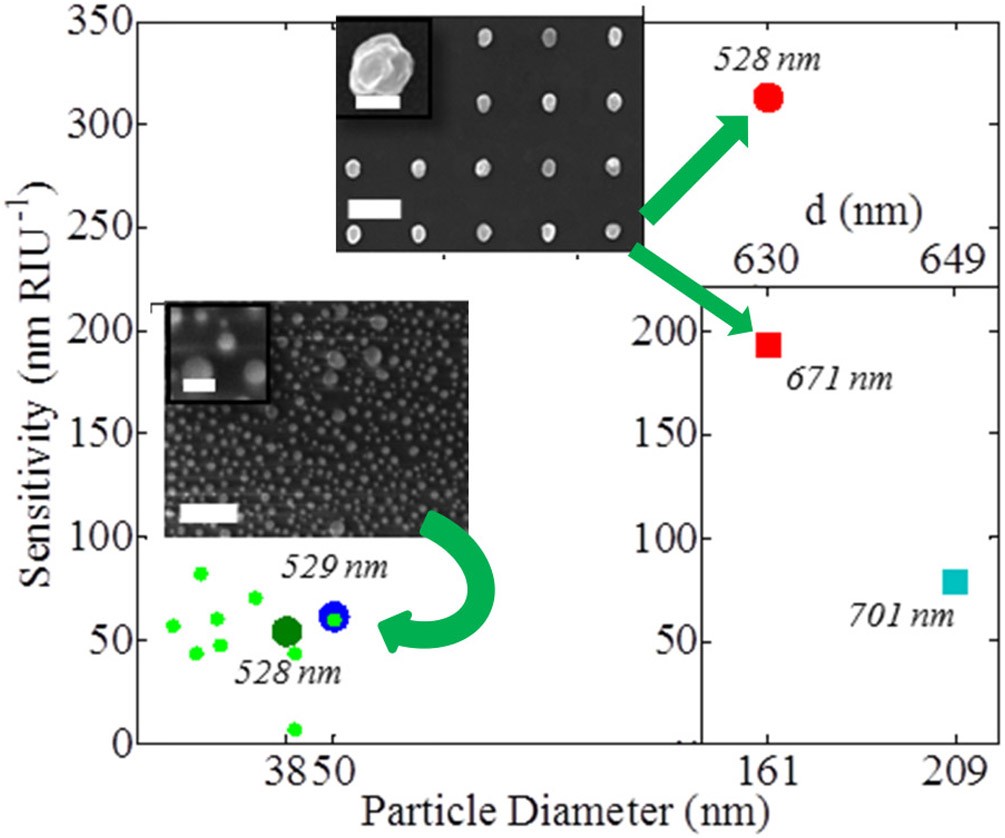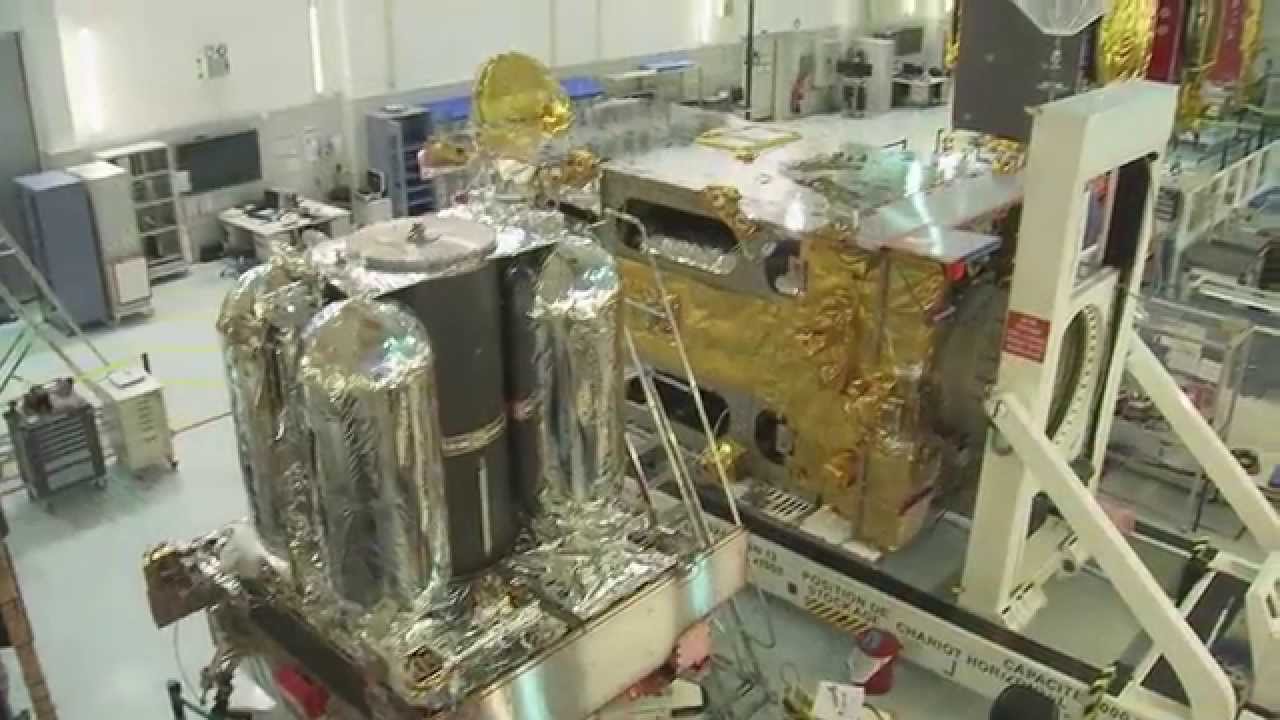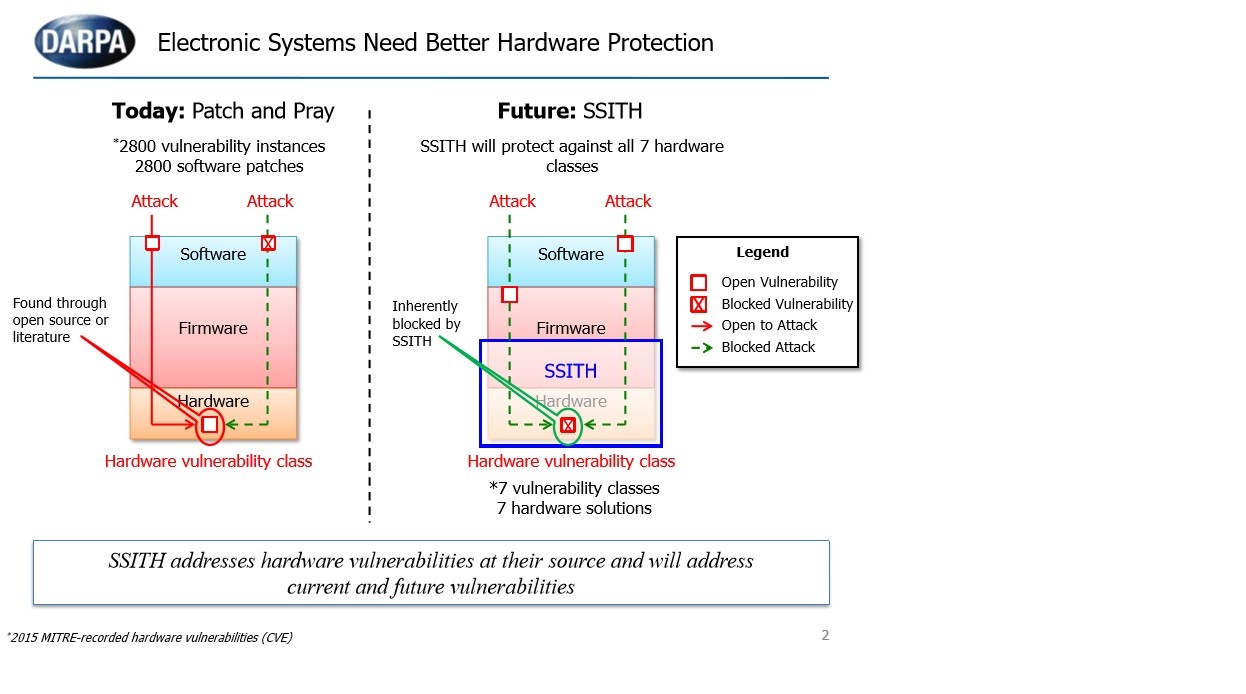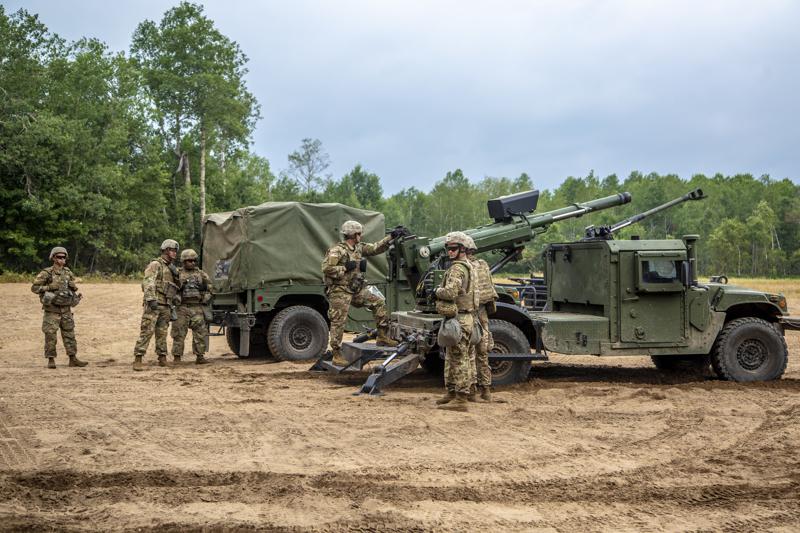Metamaterials for Sensitive Biomolecule Sensing and Imaging

The ability to design and fabricate materials with new functionalities opens the door to a new world of possibilities. They can be tailored to either augment the functionality of existing devices or create new devices with superior performances. Metamaterials are…







